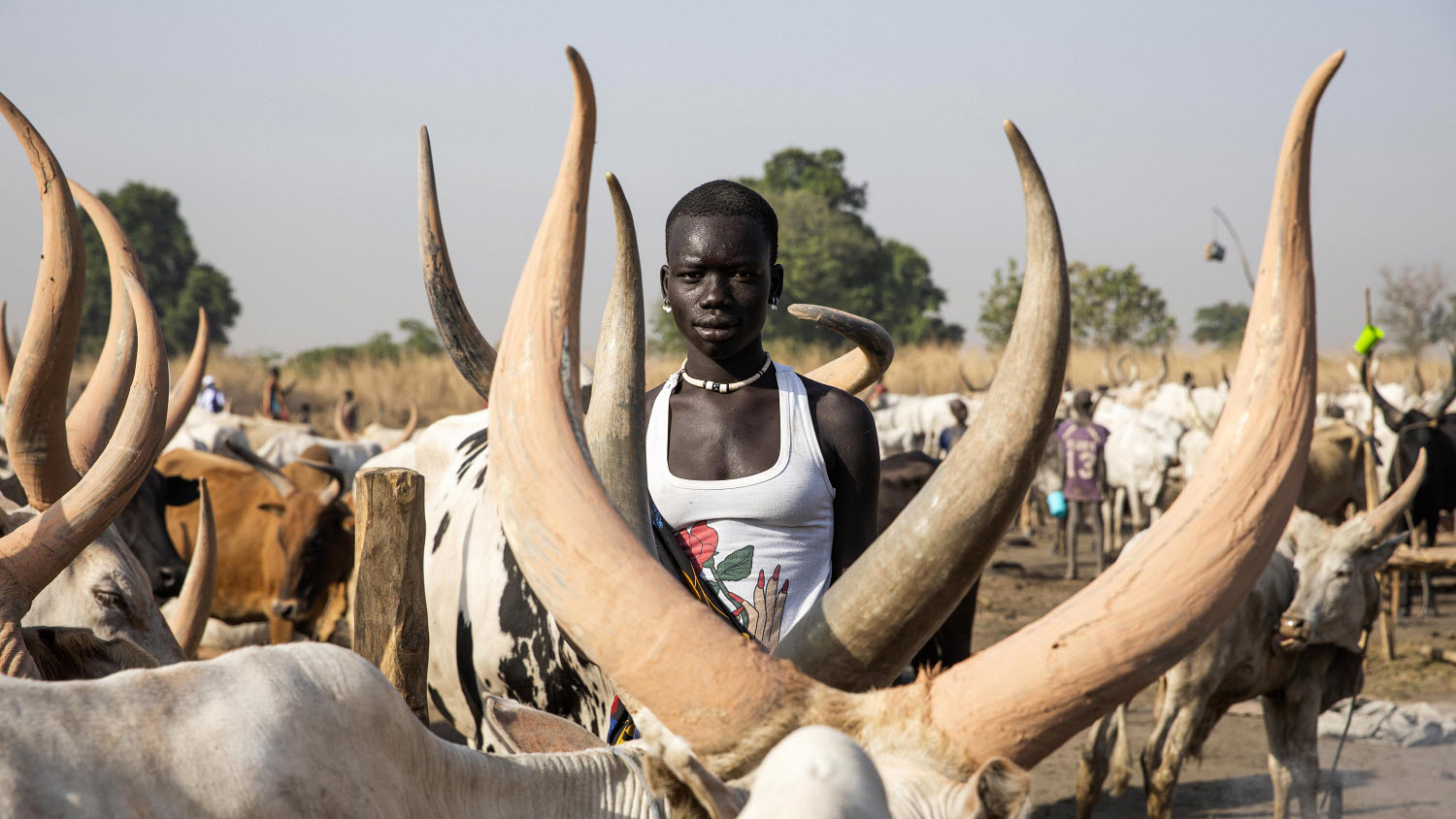Livelihoods in South Sudan are threatened by multiple crises and threats, which include conflict, forced displacement and instability, and yet 80 percent of South Sudanese rely on crop farming, forestry, fisheries or animal husbandry as their primary source of livelihoods. Agriculture is the backbone of the South Sudanese economy, accounting for a large part of the non-oil GDP, but it remains largely at subsistence level with small plots of land and low yields. Access to land and water for agriculture and pastoralism are the main sources of communal conflicts in South Sudan.
FAO’s programme in South Sudan is the second largest country operation that FAO currently implements worldwide. It has over 330 staff working in twenty different locations (11 field offices and nine warehouses). The main FAO office in Juba accommodates about 200 staff to operate and support programme activities throughout the country.

Purpose of the evaluation
The reference point for reviewing the entirety of FAO’s programme in South Sudan will be the beginning of 2016, which marked the conclusion of the last evaluation as well as the formulation and implementation of the first FAO South Sudan’s Resilience Strategy – a main recommendation of the 2016 evaluation.
The purposes of this evaluation are twofold:
- ‘Take stock’ of the resilience work carried out by the FAO South Sudan Country Office and assess the effectiveness, efficiency and results of the work along the desired outputs and outcomes of the two resilience strategies.
- Evaluation findings, conclusions and recommendations will inform what we can learn about FAO’s resilience programming in a protracted crises and seek new insights into what resilience means for FAO as a multi mandate UN agency, as well as issues, challenges and good practices of applying a Humanitarian-Development-Peace approach.
